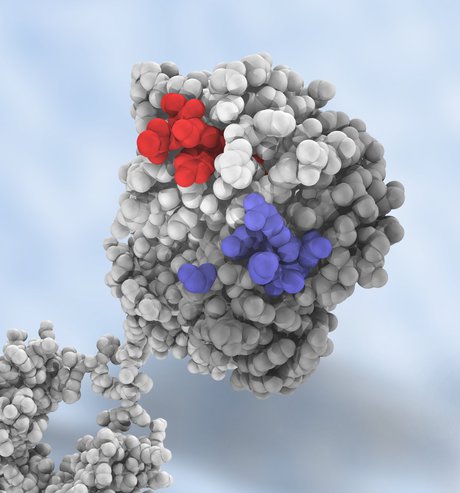Start-up seeks to improve stability of antibodies

New Australian biotech start-up Solvanix aims to commercialise a technology for reducing the aggregation of fully human antibodies.
Solvanix launched today with start-up funding from the Medical Research Commercialisation Fund (MRCF). The company plans to focus on commercial development of its StAbilize technology.
MCRF has provided $2 million in funding towards the establishment of Solvanix. The company will be based out of the Garvan Institute of Medical Research in Sydney.
The StAbilize technology was developed by Garvan scientists. It is designed to improve colloidal stability and reduce the aggregation of monoclonal antibody products. It works by optimising the amino acids within the antibody’s complementarity determining regions (CDRs).
Optimising the antibodies in this way is designed to reduce the potential adverse immune reactions to the antibodies while improving their stability.
Solvanix plans to work with biotechs and pharmaceutical companies to develop antibodies incorporating StAbilize, including by providing non-exclusive licences to the technology.
Solvanix founder and CSO Associate Professor Daniel Christ said the aggregation of antibodies is currently a significant and expensive problem.
“At present, vast sums of money are being wasted because up to 30-50% of drugs in development have stability issues, and many products are ultimately failing,” he said. “As you can imagine, this failure rate considerably increases drug development costs. Our new technology will simply eliminate stability issues and associated costs.”
A scientist, a cooler and a long-haul flight in the fight against MND
Early in January 2026, neuroscientist Dr Rachael Dunlop boarded a flight from Sydney to the US...
Mini lung organoids could help test new treatments
Scientists have developed a simple method for automated the manufacturing of lung organoids...
Clogged 'drains' in the brain an early sign of Alzheimer’s
'Drains' in the brain, responsible for clearing toxic waste in the organ, tend to get...



